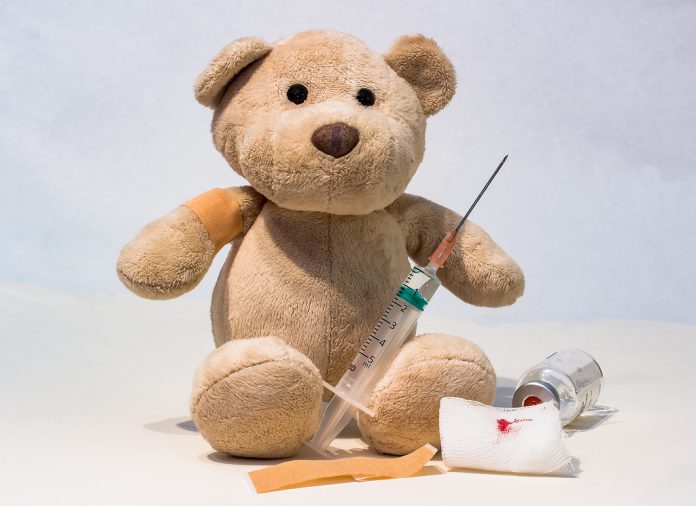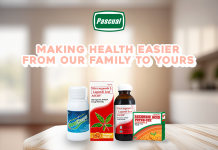Over the years, there has been a lot of confusion about vaccines – to have or not to have? This season of being torn in between should come to an end for the sake of the children.
Vaccines are substances that are injected into the body to stimulate the production of antibodies and provide immunity to specific diseases.
While we know for a fact that vaccines are medical breakthroughs meant to improve the quality of life, for a time, these modern-day miracles had been caught under fire. Some say they have been found to cause autism. Others swear that when their kids had the influenza vaccine or flu shot, the little ones indeed had the flu instead of developing an immunity from it.
As parents, it’s natural to speculate something that is foreign to us, something whose work is unseen by the naked eye. In spite of this, there are a number of reasons why we should get the kids vaccinated when they’re due:
Vaccines are approved by the World Health Organization (WHO).
On a global scale of things, vaccines are actually promoted by WHO. If this were not the case, even our most trusted pediatricians could not prescribe and administer vaccinations. According to the United Nation’s health institution system, “only clean drinking water rivals vaccination in its ability to save lives.”
Since the administration of vaccines is recommended by the WHO itself, it is our accountability to ensure that our kids get the vaccines they need when they need them – before they contract what these shots battle off in the first place.
Vaccines have successfully eradicated diseases throughout the years.
Do you still hear about polio and smallpox-related deaths? How about that caused by deadly infections such as whooping cough and diphtheria? There had been a significant decrease in deaths caused by such diseases thanks to vaccines. For instance, in the UK, from more than 3,283 deaths in 60,000 diphtheria cases in 1940, vaccination had almost eliminated this. Only 2 deaths from diphtheria were recorded by 2002.
Although it takes time, success stories such as this can conclude that vaccines only improve over time. It may be possible that instead of developing immunity from certain diseases – just like our flu shot example earlier – a vaccinated child may acquire it still.
But there is hope. Diseases are on-going threats, and our leniency and passiveness since such illnesses are not world scares anymore might lead to a rise in occurrences or even an epidemic. This was the case in the 70s when parents stopped vaccinating their kids against the whooping cough. It was immediately followed by 3 epidemics and 100 deaths in children after contracting the virus.
Vaccines can mean the difference between life and death.
Finally, it is our duty to ensure that our kids get vaccinated basically because it keeps them healthy. Vaccine-preventable diseases are often deadly and can get expensive upon diagnosis. Vaccination keeps such diseases at bay, and it also protects your entire family from getting sick – not just the children.
Vaccine administration is safe and effective, and it would not have been advised for children immediately post-natal and throughout their life if scientists, doctors, and healthcare professionals have not reviewed it. Of course, for some, there may be discomforts and side effects involved, but such reactions are rare. The disease-prevention benefits outweigh these secondary responses by a lot.
To better ease your mind into giving your kids this luxury (literally, as they can be quite expensive!), try to familiarize yourself with the latest breakthroughs in medical research as far as vaccines are concerned. It can also be empowering on your part as a parent to get vaccinated, too. That way, you get to have firsthand experience on its benefits for better decision-making for your children’s welfare.
Join our MomCenter Community on our Facebook page and Facebook group for more insights on motherhood and parenting.





